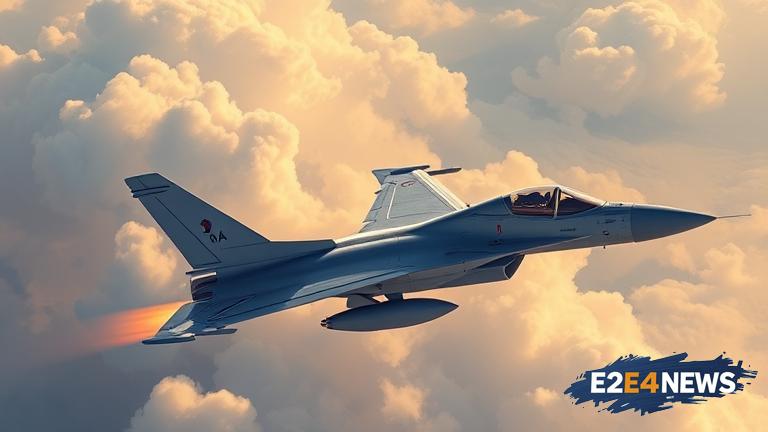The European aerospace industry is witnessing a significant development as Airbus is pressing Dassault Aviation to make a decision regarding the Future Combat Air System (FCAS) project. The FCAS project is a collaborative effort between France and Germany to develop a next-generation fighter jet. However, the project has been plagued by delays and disagreements between the two companies. Airbus is urging Dassault to make a decision on the project’s future, citing the need for clarity and direction. The FCAS project is considered crucial for the future of European defense, and any further delays could have significant implications. The project’s development has been slow, with both companies struggling to agree on key aspects such as design, production, and cost-sharing. The tensions between Airbus and Dassault have been rising, with both companies accusing each other of delaying the project. The French government has also been involved in the negotiations, with President Emmanuel Macron urging the companies to reach an agreement. The German government has also expressed its support for the project, with Chancellor Olaf Scholz emphasizing the importance of European cooperation in defense. Despite the challenges, both companies have expressed their commitment to the project, with Airbus CEO Guillaume Faury stating that the company is ‘fully committed’ to the FCAS project. Dassault Aviation CEO Eric Trappier has also reiterated the company’s support for the project, citing its importance for European defense. The FCAS project is expected to create thousands of jobs and generate significant revenue for the European economy. However, the project’s success is dependent on the ability of Airbus and Dassault to work together and reach an agreement. The European Union has also expressed its support for the project, with the European Commission emphasizing the importance of cooperation in defense. The FCAS project is part of a broader effort to strengthen European defense cooperation, with several countries participating in the project. The project’s development is expected to take several years, with the first deliveries expected in the late 2030s. The FCAS project is a significant opportunity for European companies to develop cutting-edge technology and create new jobs. However, the project’s success is dependent on the ability of the companies involved to work together and overcome their differences. The rising tensions between Airbus and Dassault have raised concerns about the project’s future, with some analysts warning that further delays could jeopardize the project’s success. Despite the challenges, the FCAS project remains a crucial part of European defense strategy, with several countries relying on the project to modernize their air forces. The project’s development is expected to be closely watched by industry analysts and governments, with any further developments likely to have significant implications for the European aerospace industry.
